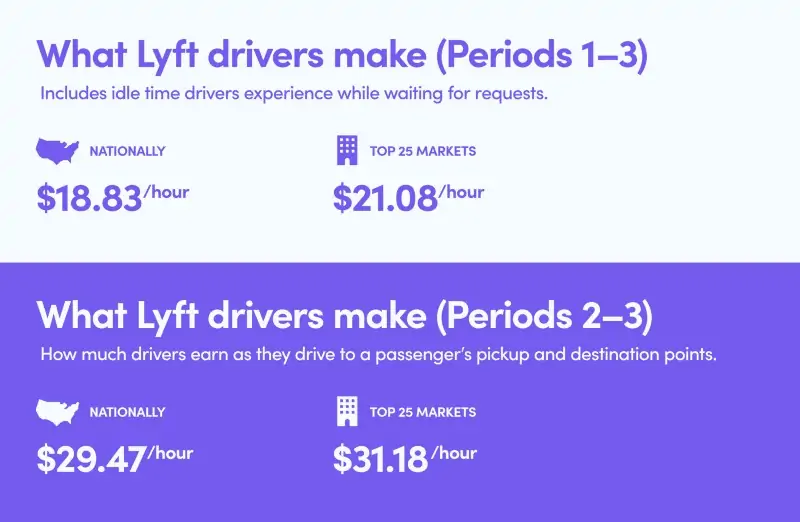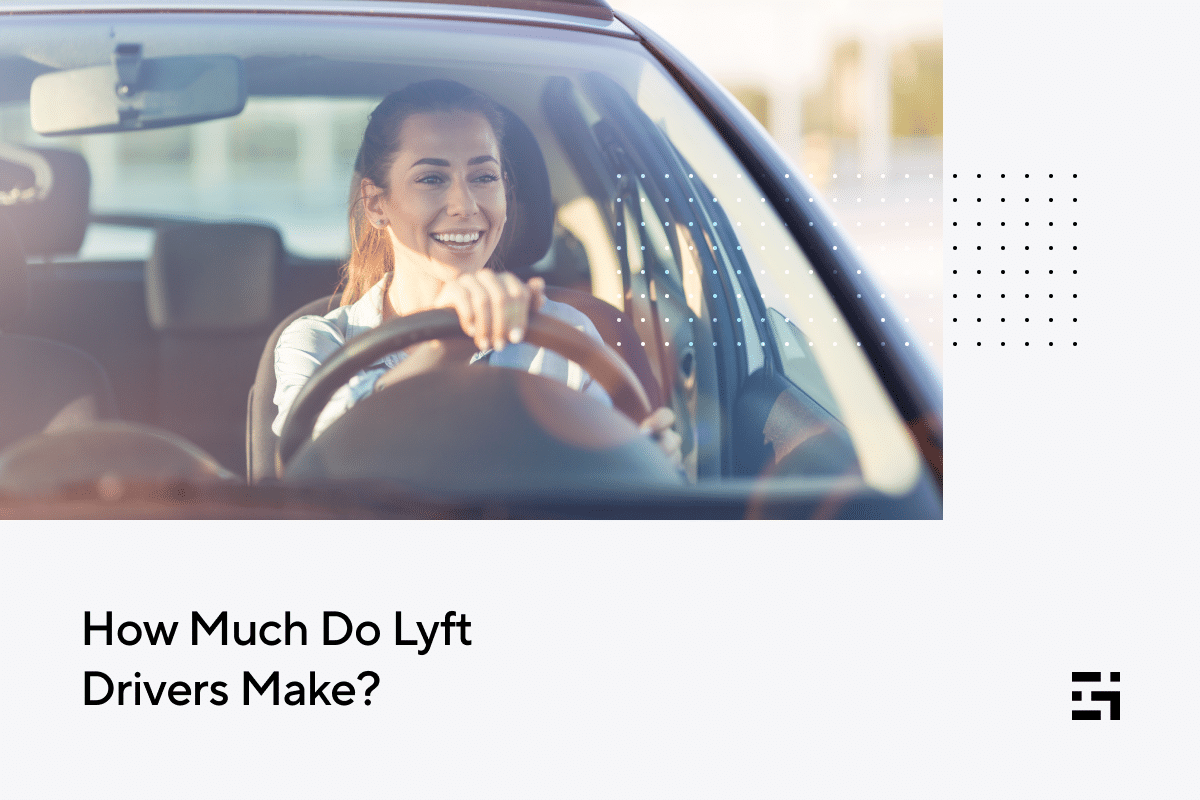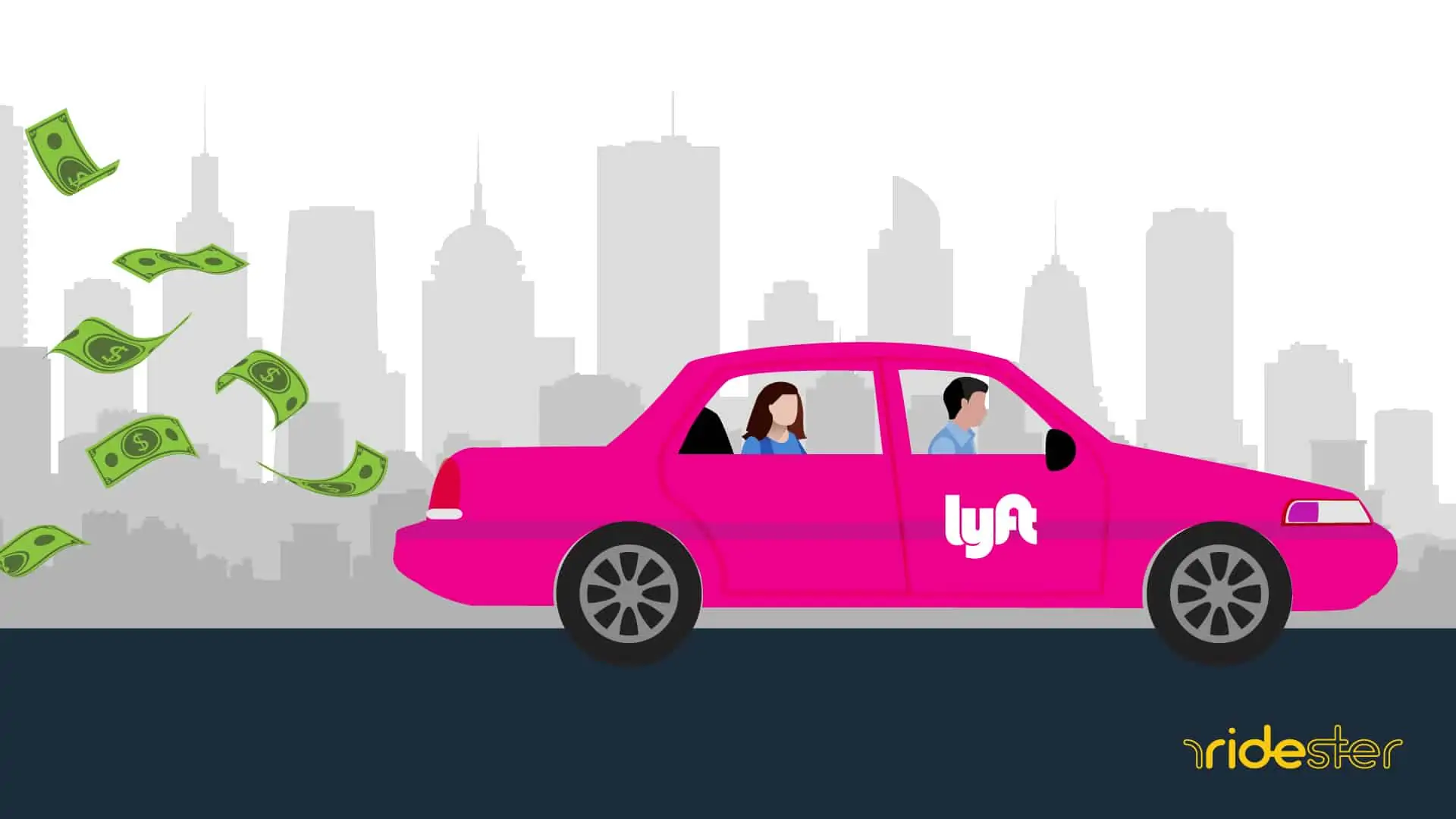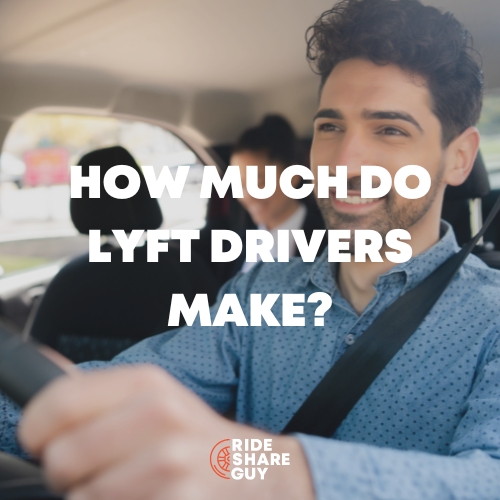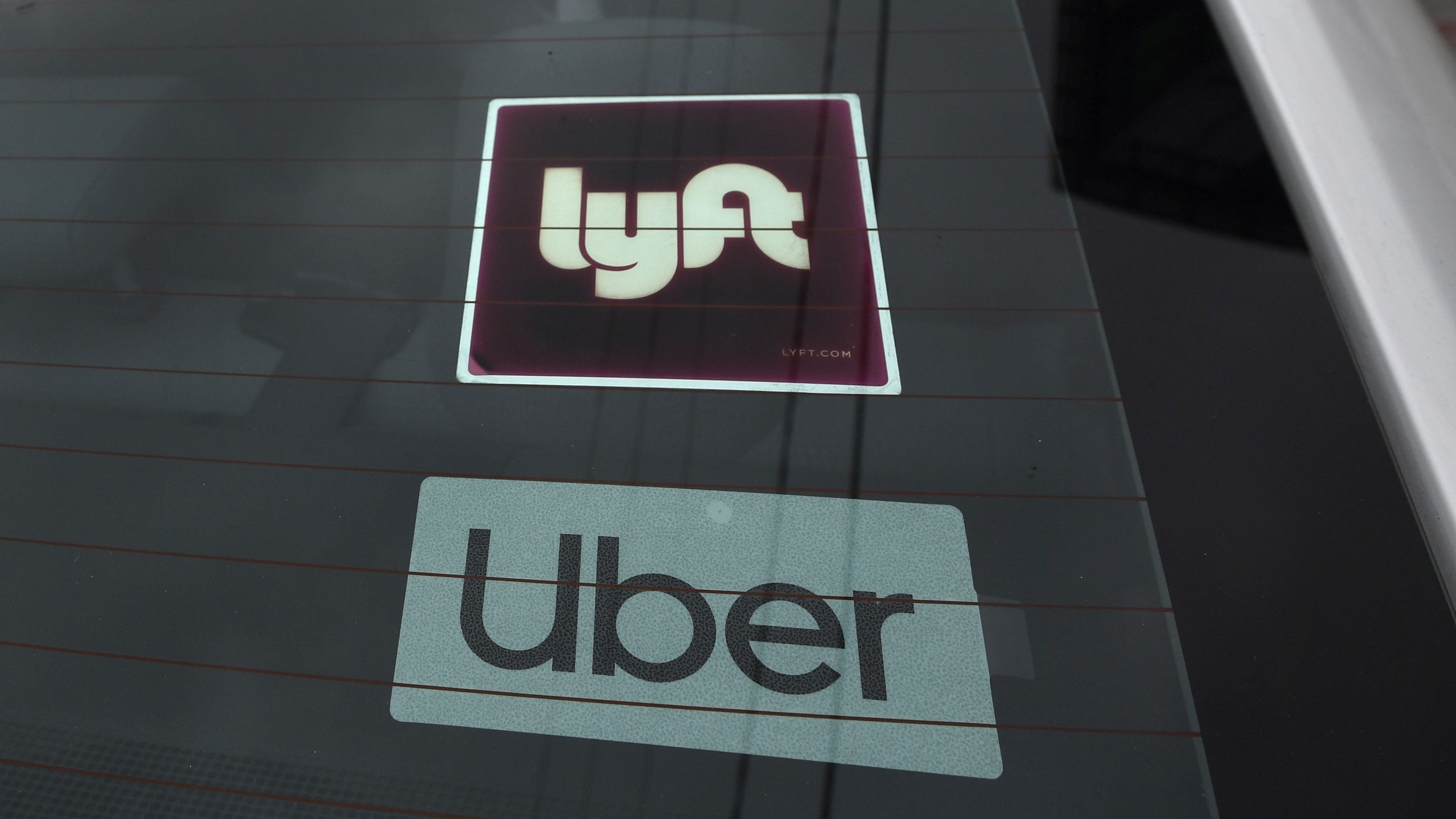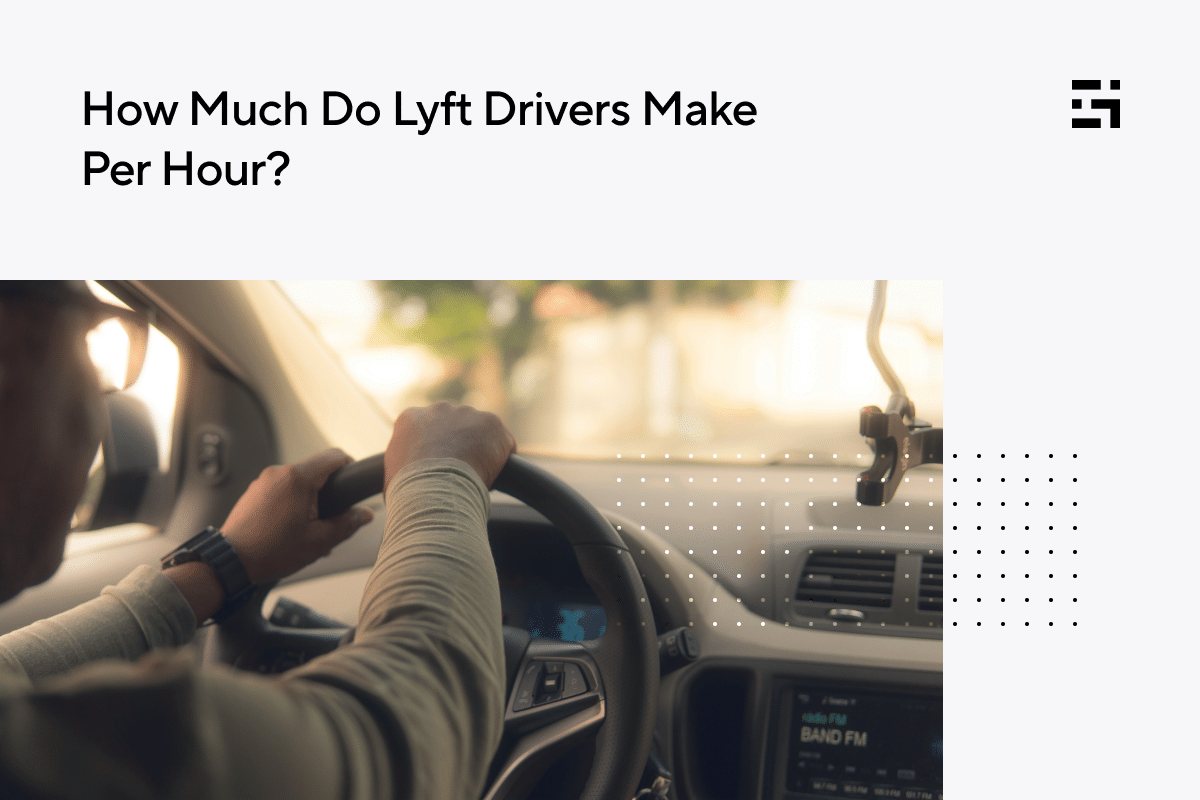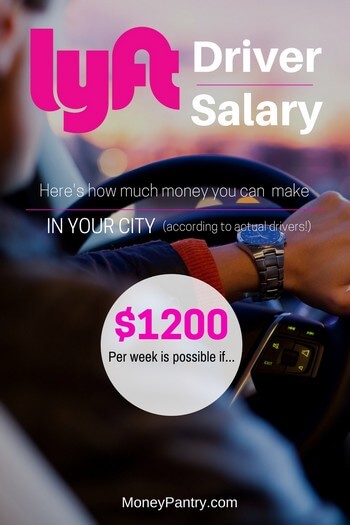How Much Do Lyft Drivers Make In Phoenix

Phoenix Lyft drivers are facing a financial tightrope. Reports indicate a significant gap between advertised earnings and actual take-home pay, leaving many questioning the sustainability of gig work in the Valley.
This article investigates the reality of Lyft driver earnings in Phoenix, exposing the factors influencing paychecks and offering insights into the challenges and potential strategies for drivers seeking to maximize their income.
The Reality of Lyft Earnings in Phoenix
Multiple sources report varying income figures. Indeed.com estimates an average base salary of $16.91 per hour as of October 2024. This figure is just an average.
However, this number doesn’t paint the complete picture. Many drivers report significantly lower actual earnings after accounting for expenses. These expenses include vehicle maintenance, gas, and self-employment taxes.
Gridwise, a platform for rideshare and delivery drivers, provides a more nuanced perspective. Their data suggests that average weekly earnings for Phoenix Lyft drivers can fluctuate significantly. This fluctuation is based on hours worked, time of day, and ride demand.
Key Factors Affecting Driver Pay
Several factors directly impact how much a Lyft driver earns in Phoenix. One significant element is the surge pricing algorithm. This algorithm increases fares during periods of high demand.
Strategic timing is crucial. Driving during peak hours, such as rush hour or weekend nights, generally leads to higher earnings. Also, location matters significantly.
Areas with greater demand, such as downtown Phoenix or near major event venues, tend to generate more ride requests. Additionally, driver ratings play a critical role.
Lyft drivers with higher ratings often receive more ride requests and may even be eligible for bonuses. A clean driving record also is very important.
Expenses Drivers Face
Before celebrating the hourly wage, drivers must confront a harsh reality: expenses. Gas prices in Phoenix, always fluctuating, cut into profits.
Vehicle maintenance is another significant cost. Routine oil changes, tire replacements, and unexpected repairs can quickly erode earnings. Insurance also is a must.
Self-employment taxes add another layer of financial burden. Drivers are responsible for paying both the employer and employee portions of Social Security and Medicare taxes.
"It's not just about the miles you drive; it's about the constant wear and tear on your car," says Maria Rodriguez, a Phoenix Lyft driver. "After gas and maintenance, I'm barely making minimum wage some weeks."
Rodriguez’s sentiment is echoed by other drivers. They acknowledge that the flexibility of Lyft is appealing. The pay, however, does not meet their needs.
Strategies for Maximizing Earnings
Despite the challenges, some Phoenix Lyft drivers have found strategies to improve their earnings. One common tactic is to strategically position themselves in high-demand areas.
Another strategy is to accept rides during surge pricing periods. Many drivers also use apps like Gridwise to track earnings and identify the most profitable times and locations to drive.
Some drivers explore other income streams. Delivery services or other gig work during slower periods help to supplement their Lyft earnings.
Lyft also offers various incentives and bonuses to drivers who meet certain criteria. These incentives include completing a specific number of rides within a given timeframe.
Looking Ahead
The debate surrounding rideshare driver compensation is far from over. Advocacy groups are pushing for increased transparency and better protections for gig workers.
Some propose legislation requiring rideshare companies to provide drivers with a guaranteed minimum wage and benefits. As the gig economy continues to evolve, the discussion around fair compensation for Lyft drivers in Phoenix and beyond will likely intensify.
Drivers need to meticulously track their expenses and earnings. This helps to determine if driving for Lyft is financially sustainable. Exploring alternative options and advocating for fair labor practices are crucial steps for drivers navigating the evolving gig economy in Phoenix.
